We all know what it feels like to have unexpected expenses arise. Fortunately, when unforeseen circumstances happen, you can be ready. An emergency fund is one of the very first steps that will allow you to have more peace of mind when it comes to your financial situation.
Is an emergency fund really necessary?
No one knows what life will throw at you in the next moment. No matter how smooth today is going, tomorrow could bring unplanned medical bills, job loss, car trouble, or any number of other sudden expenses. While it may sound depressing to not know what the future holds, the bright side is that you can be prepared so that you don’t go under when these unplanned expenses arise.
No matter where you are in your financial journey, starting an emergency fund is one of the first steps you should take on your path to financial security.
5 reasons you need an emergency fund
Here are just a few scenarios that could arise in which an emergency fund will make all the difference.
- Your vehicle unexpectedly breaks down
- A pet has a costly emergency
- You have a serious health issue (out of pocket max on a lot of health insurance is $10k+)
- You run across a once-in-a-lifetime deal on travel to a location you’ve always wanted to go
- You suddenly lose your job and want time to look for a good replacement rather than taking the first one you come across
For many people who don’t have an emergency fund, when an unexpected expense comes to pass, they’re forced to rely on credit cards or loans or otherwise incur debt. Though this is necessary in some situations, unfortunately, in most cases, it will only hurt and cause more debt in the long run.
The more debt you incur, the more difficult it will be to get out and get ahead. By creating an emergency fund before a large, unplanned expense happens, you can pay for many emergencies in cash. Then, if your fund becomes drained, you have the opportunity to re-build it without ever going into debt and incurring even more excess expense.
In situations such as number 5 in our list above, an emergency fund allows you to make the best decisions for yourself and your family members without being pressured by a lack of funds. It gives you room to step back and think before making any rash decisions that may not benefit you well in the long run.
When should you start saving for your emergency fund?
The best time to start is now. Even if you have debt, you should continue paying it off while building up your emergency fund. You never know when unplanned expenses will arise, so it’s best to begin preparing right away.
How to build your emergency fund
If you have debt or a lot of expenses, it may feel impossible to start saving extra money for your emergency fund. But you can do it! Follow these simple steps and tips to watch your emergency fund grow.
1. Decide how much you need
If you’re just starting out, $1000 is a good first goal. Once you have that cushion, you’ll want to work toward having enough to cover 3-6 months’ worth of expenses.
A savings account is a good place to keep your emergency cash. It’s important to note that these funds needs to be in a liquid account – not tied up in investments – so that they’re easily accessible when needed.
2. Take a look at your budget.
If you don’t have a budget, now is the time to start. A budget allows you to decide where your money goes instead of looking back and wondering where it all went.
Now, set aside a sum from your budget each month to put toward your emergency fund. Remember that small, consistent steps make a big difference over time. If you don’t see any extra cash in your budget, figure out what needs to be cut. A daily coffee habit? Buying lunch instead of packing it? Subscriptions? Decide how much you’re going to invest in your emergency fund each month, and do what it takes to stick to it.
3. Save unexpected larger sums
If you come across an unexpected sum of money, strongly consider moving at least some of it into your emergency fund. This is the time to get ahead! Remember that making good choices now (even if they don’t feel fun in the moment), can put you ahead of the game for years – even decades – to come.
4. Reconsider your goal
Once you meet your goal of 3-6 months’ worth of expenses, it’s time to celebrate! Great job! When the unexpected arises, you’ll be in good shape.
At this point, it can be helpful to consider whether you should cushion your emergency fund a bit more. If you have few expenses, no kids, and low debt (or no debt), 3 months’ worth of expenses might be a sufficient cushion.
However, if you have a family to provide for, a mortgage, or job concerns, you may be more comfortable with having at least 6 months’ worth of expenses in your emergency fund.
Prioritizing your emergency fund and what to do next
Though putting cash aside for your emergency fund may not feel like the most fun way to spend your money, you’ll be so thankful later that you are prepared. Way to go!
No matter what stage of life you’re in, when you’re ready to take the next steps on your financial journey, Milestone Wealth Management is here for you. Our focus is YOUR milestones. We’re here to help you achieve your financial goals.
Read about more commonly asked financial questions on our blog, or contact us today to book a meeting.

